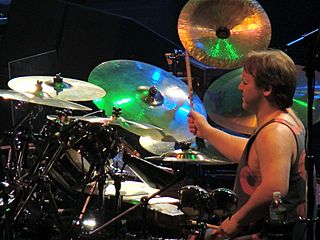A Quote by Jenny Slate
If you make a careless choice, you can really ruin things and it can take awhile for them to repair.
Related Quotes
No matter what choice you make, it doesn't define you. Not forever. People can make bad choices and change their minds and hearts and do good things later; just as people can make good choices and then turn around and walk a bad path. No choice we make lasts our whole life. If there's ever a choice you've made that you no longer agree with, you can make another choice.
I'm a strong believer that you have to have an equal opportunity to fail and to try things that are hard. I always tell my students, "Don't just take things that are easy for you. If you're really good at math, don't take just math. Take classes that make you write. If you're a really great writer, but bad at math, take math and make yourself work your way through it."
Often, we try to repair broken things in such a way as to conceal the repair and make it “good as new.” But the tea masters understood that by repairing the broken bowl with the distinct beauty of radiant gold, they could create an alternative to “good as new” and instead employ a “better than new” aesthetic. They understood that a conspicuous, artful repair actually adds value. Because after mending, the bowl's unique fault lines were transformed into little rivers of gold that post repair were even more special because the bowl could then resemble nothing but itself.
I think of choosing as a... both a fun and an effortful activity and I think of choice as something that in order for you to really get what you want out of it you have to put a lot into it and so I'm only willing to do that for a few different things and for the rest I really just try to either satisfy, come up with a simple rule or let somebody else make the choice.



































